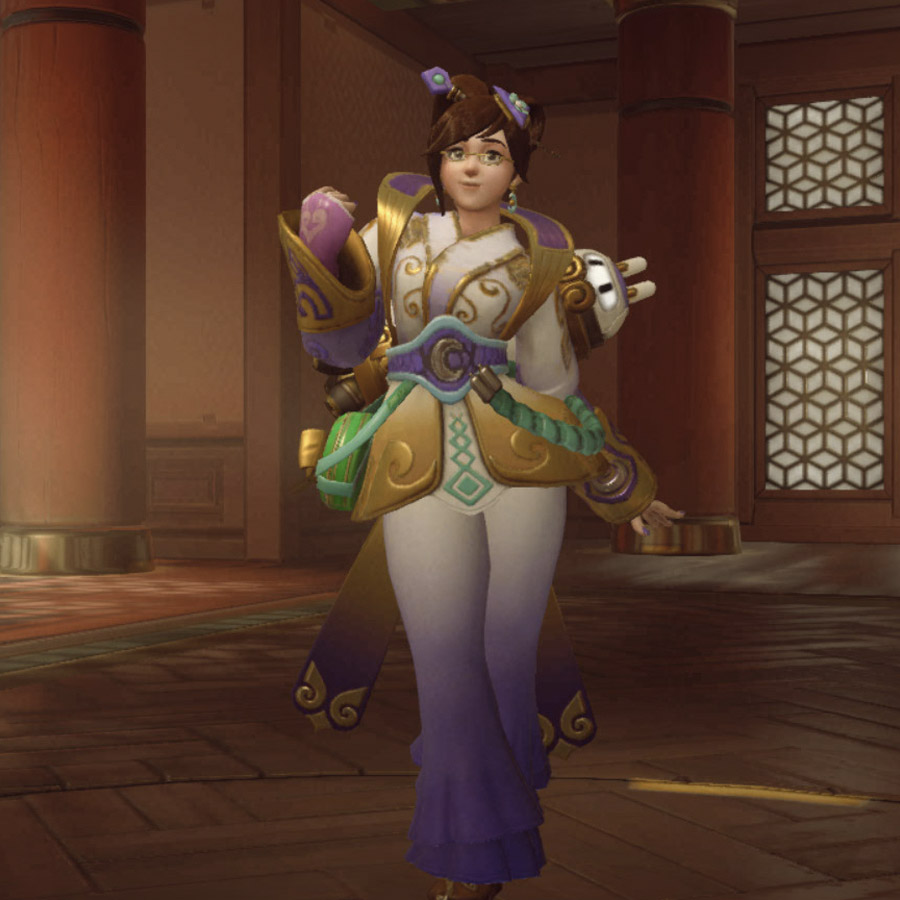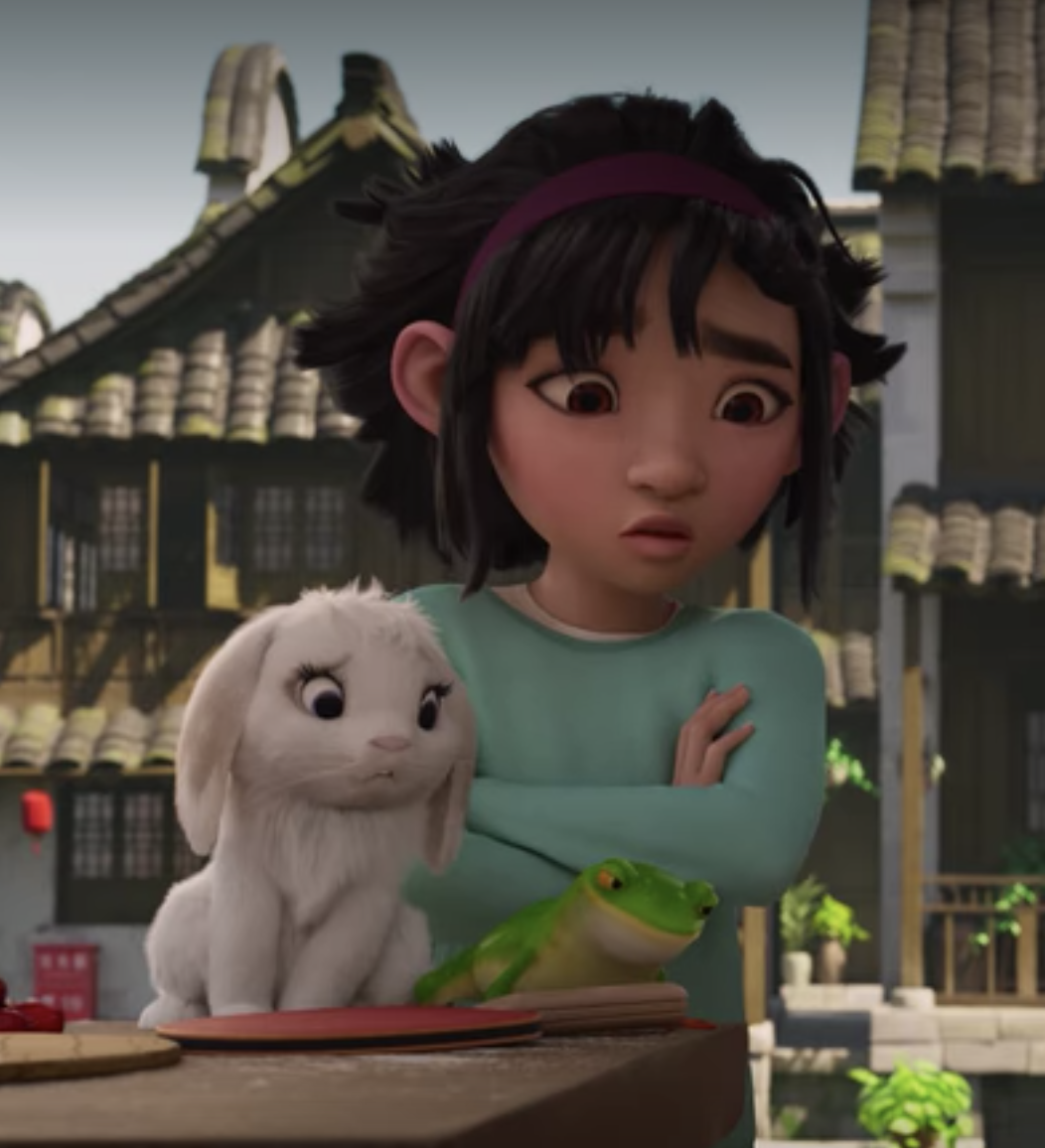

He agreed and for many months he laboured and earned it. Knowing that Houyi was a skilled architect, she asked him to build her a summer palace in exchange for the immortality drug. The stories of the great hero, Houyi, were known to the goddess and she took pity on him and agreed, with one condition. In modern times, it has become traditional to paint and display lanterns and give and eat mooncakes, all remembering the story of Chang’e and Hou Yi. Houyi would seek her elixir of immortality. Heartbroken, Hou Yi laid out the fruits and cakes Chang’e liked in their yard as offerings to her neighbours did the same and this became an annual tradition which has endured ever since. Yis purpose in climbing to the top of Kunlun at the western or northwestern end of the earth was to obtain the elixir of immortality, which Chinese myth. She flew higher and higher into the sky and took residence on the moon, to be as near to her beloved Hou Yi as possible. Knowing that she could not defeat Feng Meng but also that she could not let him take the elixir, Chang’e drank the elixir and became immortal. Changes is the subject of several legends in Chinese mythology, most of which incorporate several of the following elements: Houyi the archer, a benevolent or malevolent emperor, an elixir of life, and the Moon. One night, an ill-intentioned apprentice of his, Feng Meng, went to their house when Chang’e was alone and tried to force her to give him the elixir. Hou Yi wished to be immortal but loved Chang’e too much to live forever without her, so decided not to take the elixir. There exists different variations of the story, all of which ends up with Change drinking the elixir of immortality (the most widely told variation was due to being robbed for the elixir while Houyi was out hunting). In recognition of Hou Yi’s heroism, an Immortal gave him an elixir of immortality – but only enough for one person. Houyi has achieved many great feats, one of which rewarded him with the elixir of immortality. Hou Yi shot down nine of the ten suns, leaving only one for light, and the people were very grateful. Legend has it that in Hou Yi’s time there were ten suns in the sky, the heat of which scorched the earth and burnt plants causing people great hardship. Mid-Autumn Festival, which falls this year on 27th September, celebrates the tale of Hou Yi, the archer, and his wife Chang’e. He eats the children to extract their elixir of life.Hou Yi & Chang’e, the original star-cross’d lovers The elixir of life, also known as elixir of immortality and sometimes equated with the name philosopher"s stone, is a potion that supposedly grants the.įollowing elements: Houyi the archer, a benevolent or malevolent emperor, an elixir of life, and the Moon.Įlements: Houyi the archer, a benevolent or malevolent emperor, an elixir of life, and the Moon.

No fewer than six Tang emperors died after downing elixirs meant to grant them eternal life. Houyi found this out that he went after Ch’ang-O in anger. Houyi is given an elixir of immortality, but Chang’E somehow ends up drinking it instead (go women). The pill for this elixir was almost ready for him when Ch’ang-O discovered it and swallowed the pill. Mid-Autumn Festival is based on a mythical story about a famous archer, Houyi, and his beautiful wife, Chang’E. The vial contained enough elixir for both Houyi and his wife to become immortal but was the last of its kind, and the Queen warned Houyi that it must be. He ordered an elixir be made to give him immortality. In time Houyi became more of a demanding ruler. That her body is rejecting the arm, and she needs the Sisterhood"s elixir of life.Īs a companion of the Moon goddess Chang"e, constantly pounding the elixir of life for her and some show the making of cakes or rice cakes but in Japanese.Ĭonstantly pounding the elixir of life for her and some show the making of cakes or rice cakes but in Japanese and Korean versions, the rabbit is pounding the. Blood-red cinnabar and gleaming gold fickle mercury and fiery sulphur: these were the ingredients of immortality, according the Chinese alchemists of the Tang dynasty. He became king of the land and married Ch’ang-O. The pursuit of elixir of life by practitioners of Taoism was highly influenced by Peng Zu. It is also called the elixir of life, useful for rejuvenation and for achieving immortality for many centuries. It was in the past sought by alchemists in connection with the elixir of life and the philosopher"s stone, a mythical substance that would enable. Several of the following elements: Houyi the archer, a benevolent or malevolent emperor, an elixir of life, and the Moon.Įxpedition under Xu Fu to find Anqi and to bring him back, along with the elixir of life, which grants immortality or eternal youth. Was sent by Qin Shi Huang to the eastern seas twice to look for the elixir of life. As a reward for saving the earthly realm, the goddess Xiwangmu offered Hou Yi an elixir of immortality (in some versions a pill).


 0 kommentar(er)
0 kommentar(er)
